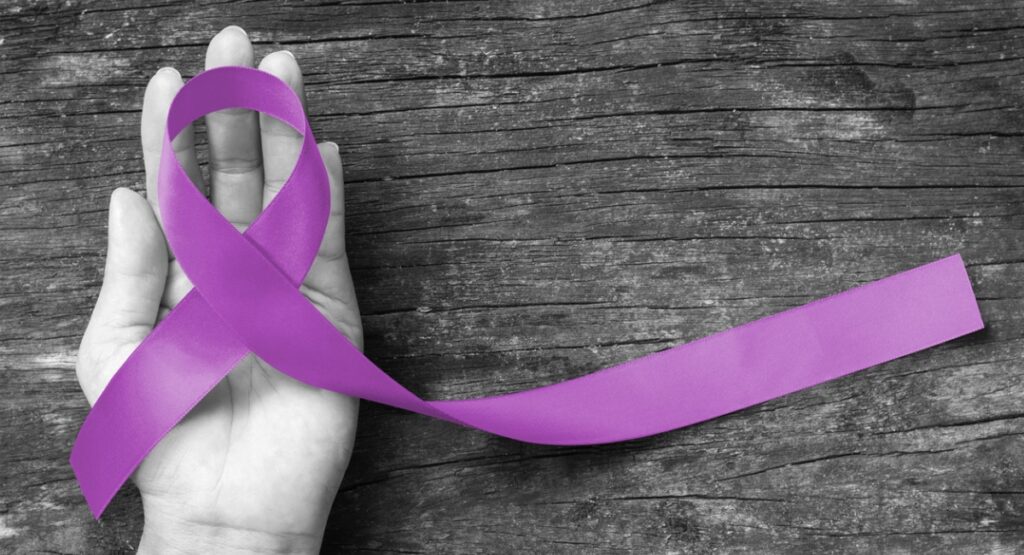What Are Transferable Skills?

Learn why transferable skills are important and how to talk about your own. The average person can expect to hold 12 different jobs in his or her lifetime (United States Bureau of Labor Statistics, 2021). With all this job-changing, how can you navigate your career in the direction that you want to take it? One way to improve your career prospects may be to cultivate your transferable skills. Transferable skills are those skills that are useful, and maybe even necessary, to the performance of a wide variety of jobs. A skill may be considered transferable if you learn and perfect it in one context, like school, a job, volunteer work, or a hobby, and then can use that skill in new and different situations (Nagele…







